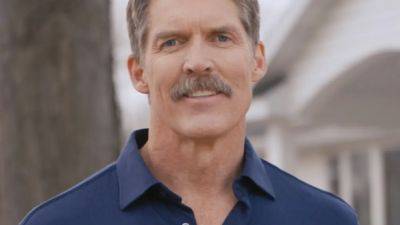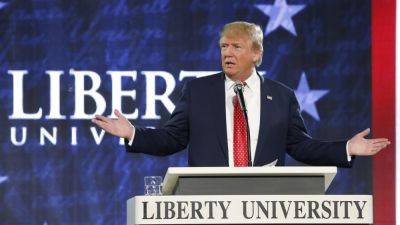Democrats who attack inequality do better in elections. The party should take notice
“We know now that government by organized money is just as dangerous as government by organized mob. Never before in all our history have [its] forces been so united against one candidate as they stand today. They are unanimous in their hatred for me – and I welcome their hatred.”
President Franklin D Roosevelt – the cousin of a beloved former president and scion of two prominent New York families – was an unlikely tribune of economic populism. But amid the devastation wrought by the Great Depression, he understood that the only way to show millions of working Americans that he really had their back was to put a target on the back of his own class, economic elites.
Today, in another turbulent period and facing a strong threat from Donald Trump’s anti-democratic rightwing populism, Democrats have forgotten their history. A recently released study by the Center for Working-Class Politics reveals that Democrats aren’t taking advantage of a powerful weapon in the fight against Trump: economic populism.
Political candidates who are drawing more on Roosevelt’s anti-elite playbook are, however, finding success. Our study found that 2022 Democratic congressional candidates who called out economic elites while celebrating working people out-performed other candidates in places where Democrats struggle the most: districts with majority-white, non-college graduate populations and those with disproportionately higher percentages of people holding working-class occupations.
Economic populists’ average vote shares were, respectively, 12.3 and 6.4 percentage points higher than other candidates’ in those places. Economic populists also performed better than other candidates in rural and small-town districts, where their average vote share







